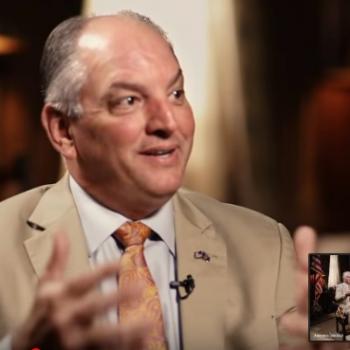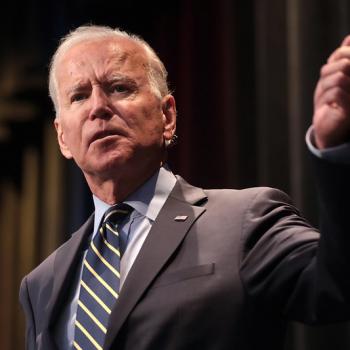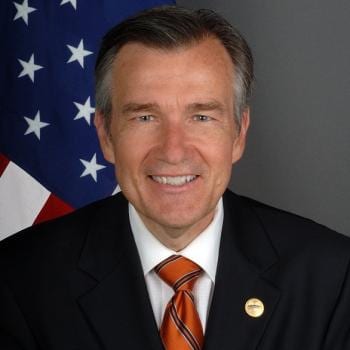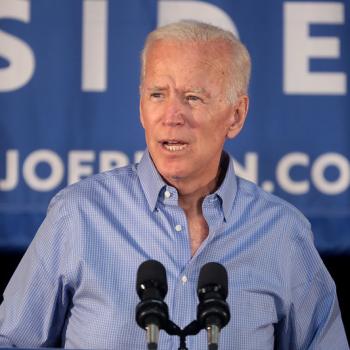A possible contender for the White House in 2012, the former Speaker of the House is talking more about his faith on the stump, according to the New York Times:
Newt Gingrich needs no introduction to most Republican audiences. It is the reintroduction that is the challenge.
If Mr. Gingrich moves forward with a presidential bid, as his advisers and friends say he is poised to do as soon as this week, he will start with a reputation as one of his party’s most creative thinkers and a record of leading Republicans back to power in the 1990s and confronting Democrats on spending.
But he will also have to grapple with aspects of his life and career that could give pause to elements of the Republican primary electorate, including a lack of a well-established association with religious conservatives and attendant questions about his two divorces.
So as he travels the country, he is striking two related notes: that the nation faces not just a fiscal crisis but also a loss of its moral foundation, and that his conversion to Catholicism two years ago is part of an evolution that has given him a deeper appreciation for the role of faith in public life.
On a recent winter night here, Mr. Gingrich, 67, stood on stage at a Catholic school with his wife, Callista, and introduced a film they produced about the role Pope John Paul II played in the fall of Communism in Poland. As Mr. Gingrich looked out over a crowd of 1,300 people, he warned that the United States had become too secular a society.
“To a surprising degree, we are in a situation similar to Poland’s in 1979,” he told the audience, which had gathered at a banquet for Ohio Right to Life, one of the nation’s oldest anti-abortion groups. “In America, religious belief is being challenged by a cultural elite trying to create a secularized America, in which God is driven out of public life.”
To most audiences, Mr. Gingrich does not talk directly about converting to Catholicism, but his faith has become an important part of his dialogue with conservative voters.
In an interview, Mr. Gingrich said he knew that a campaign would bring new attention on the full scope of his personal and political background. Last week, in an appearance at the University of Pennsylvania, he grew testy when he received a question from a Democratic student activist about the details of his two divorces.
“There are things in my life I’m not proud of, and there are things in my life I’m very proud of,” Mr. Gingrich said in the interview when asked what effect his background would have on a candidacy. “People have to decide who I am. Am I a person they want to trust to lead the country or not?”











